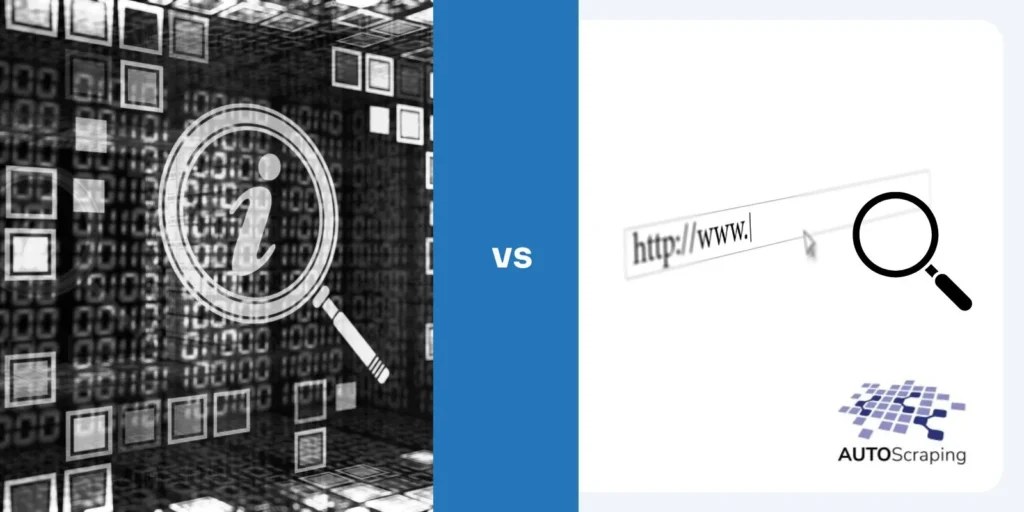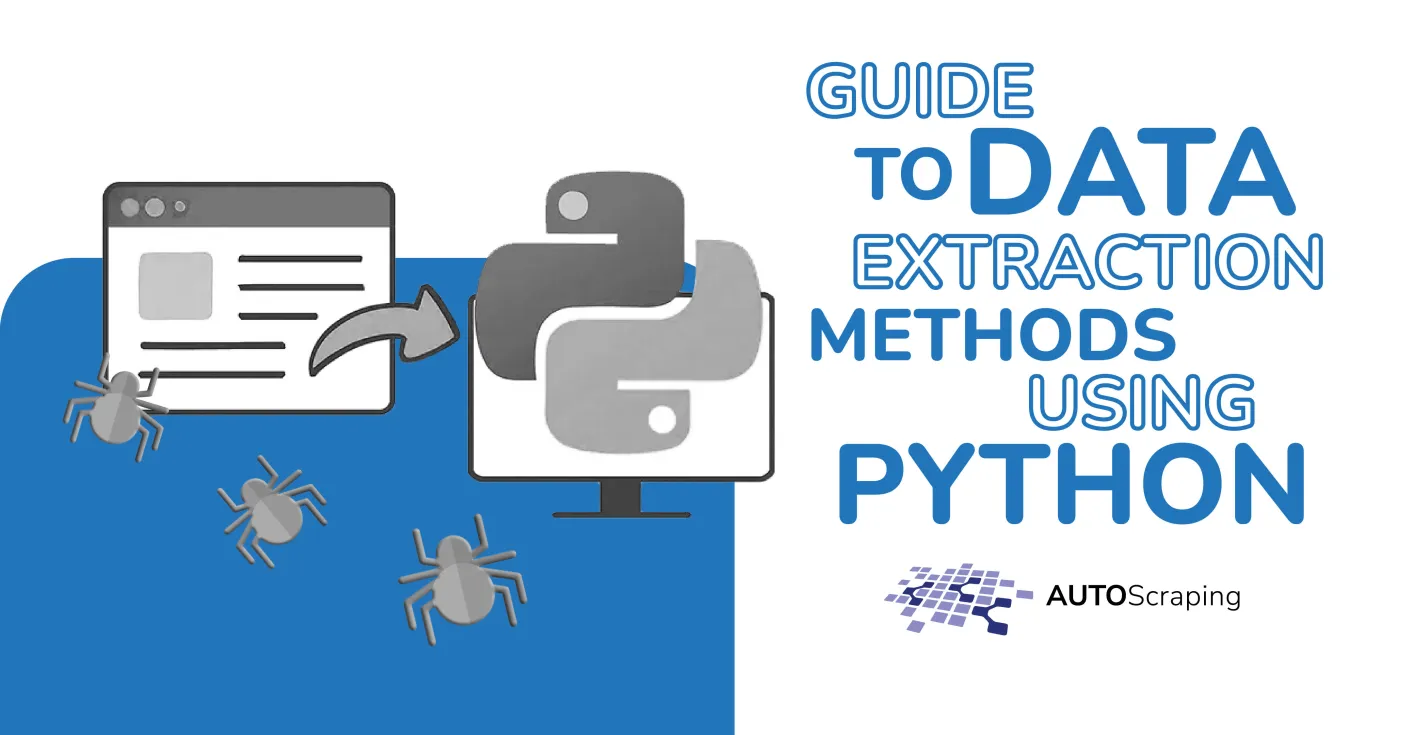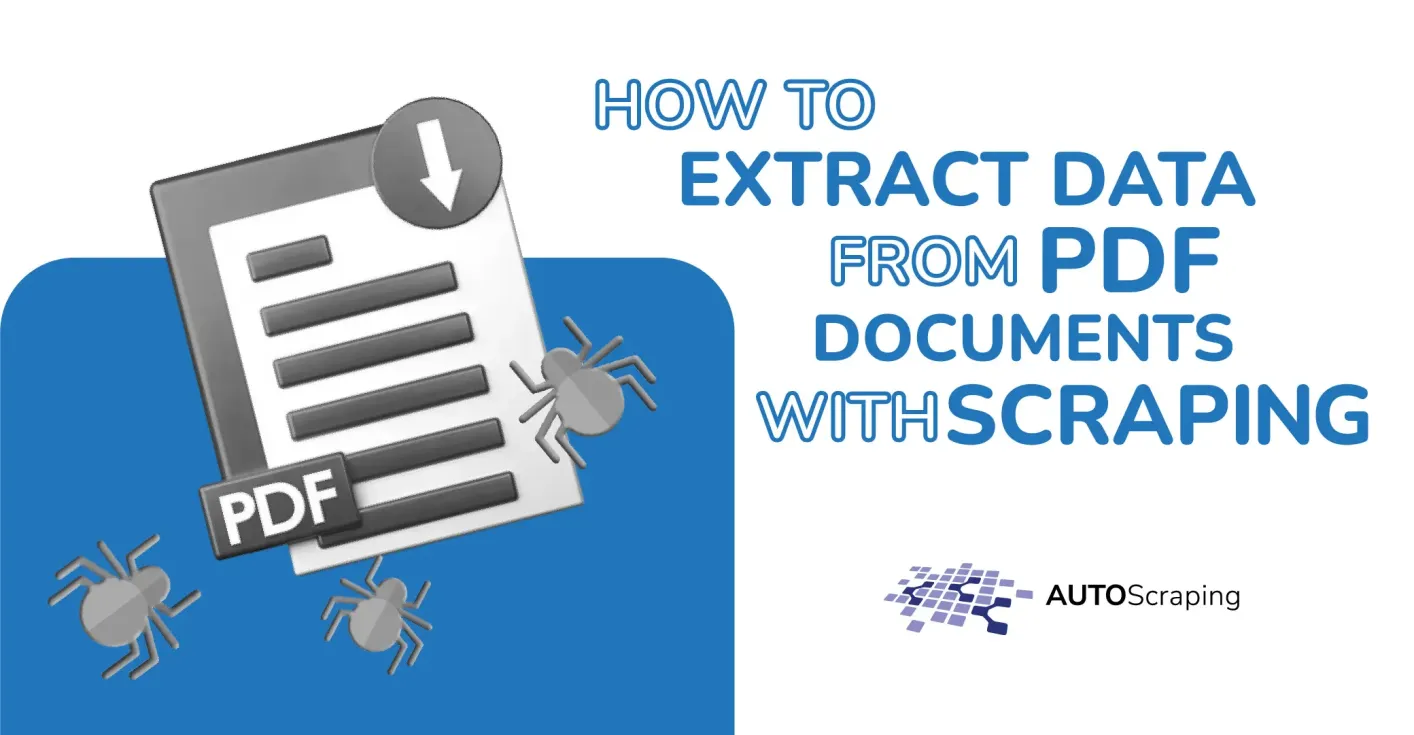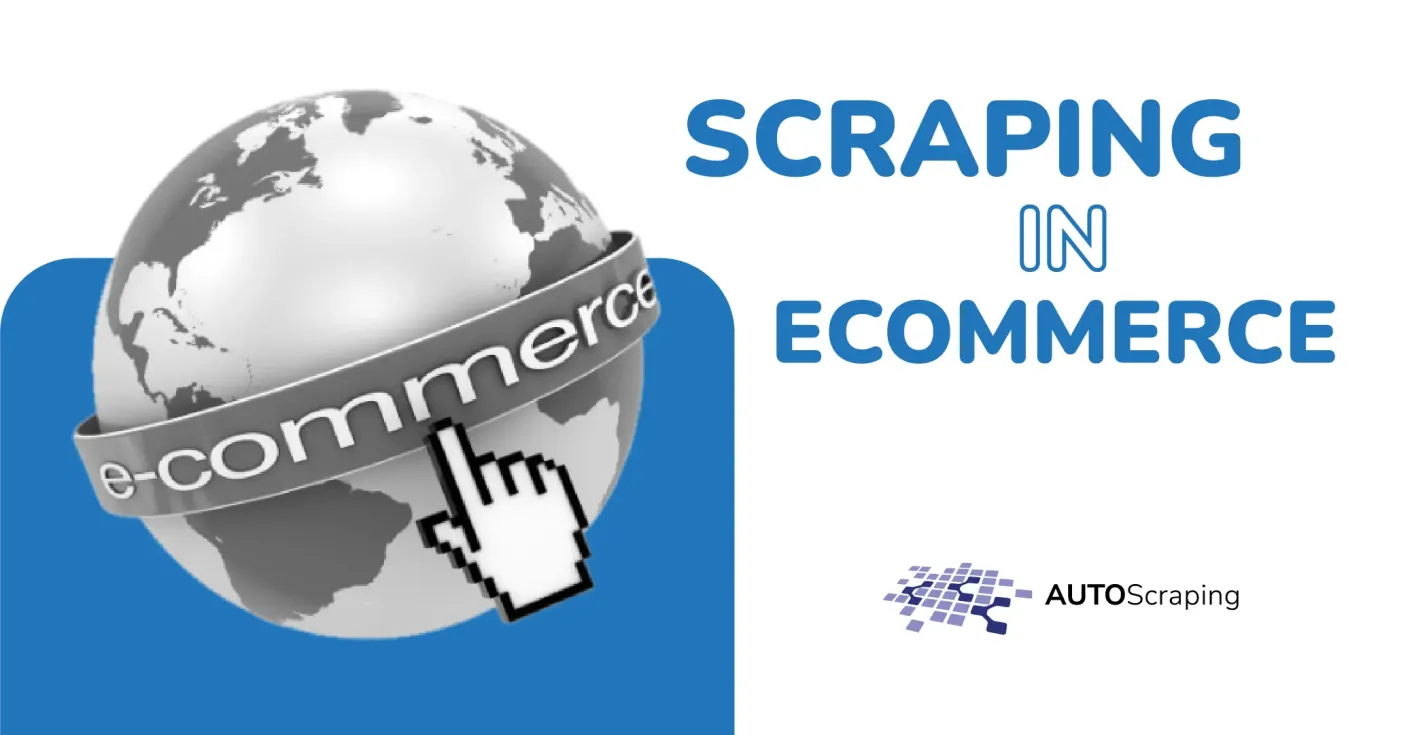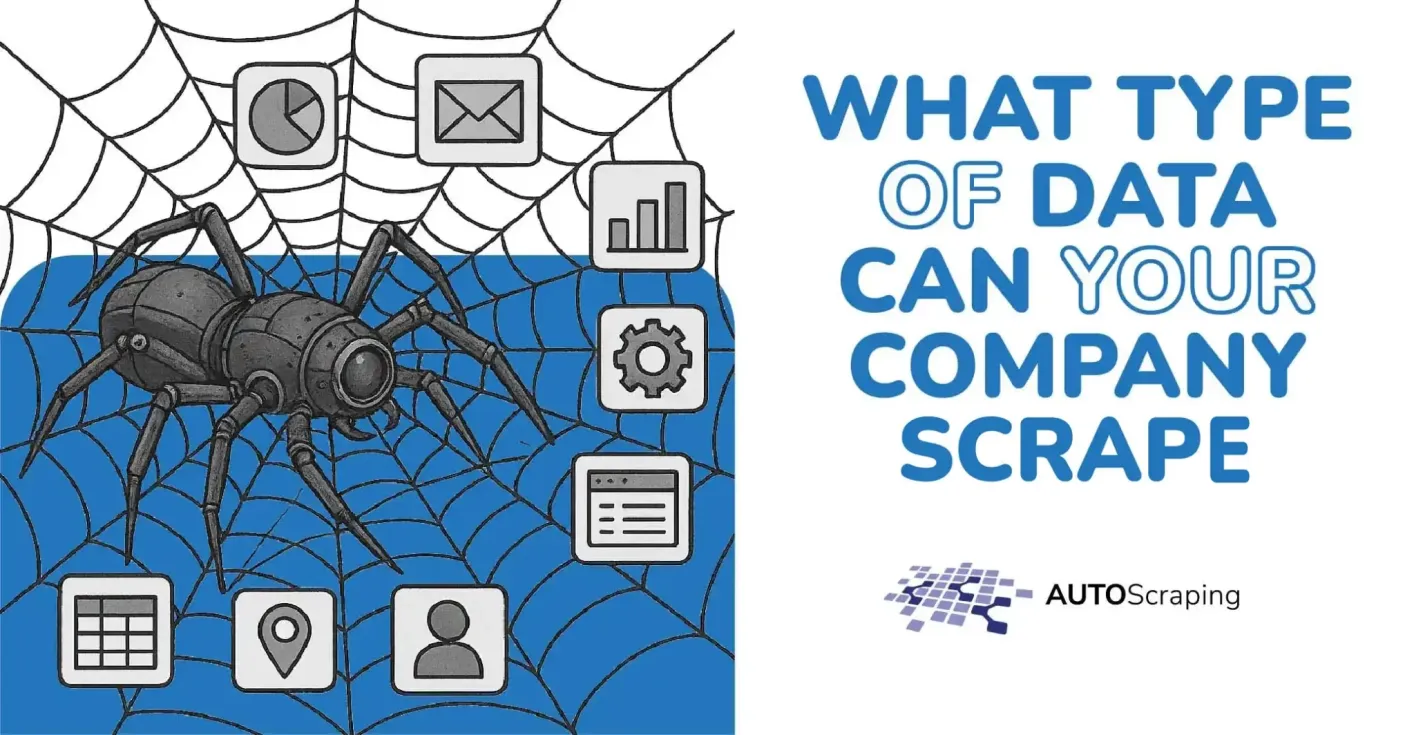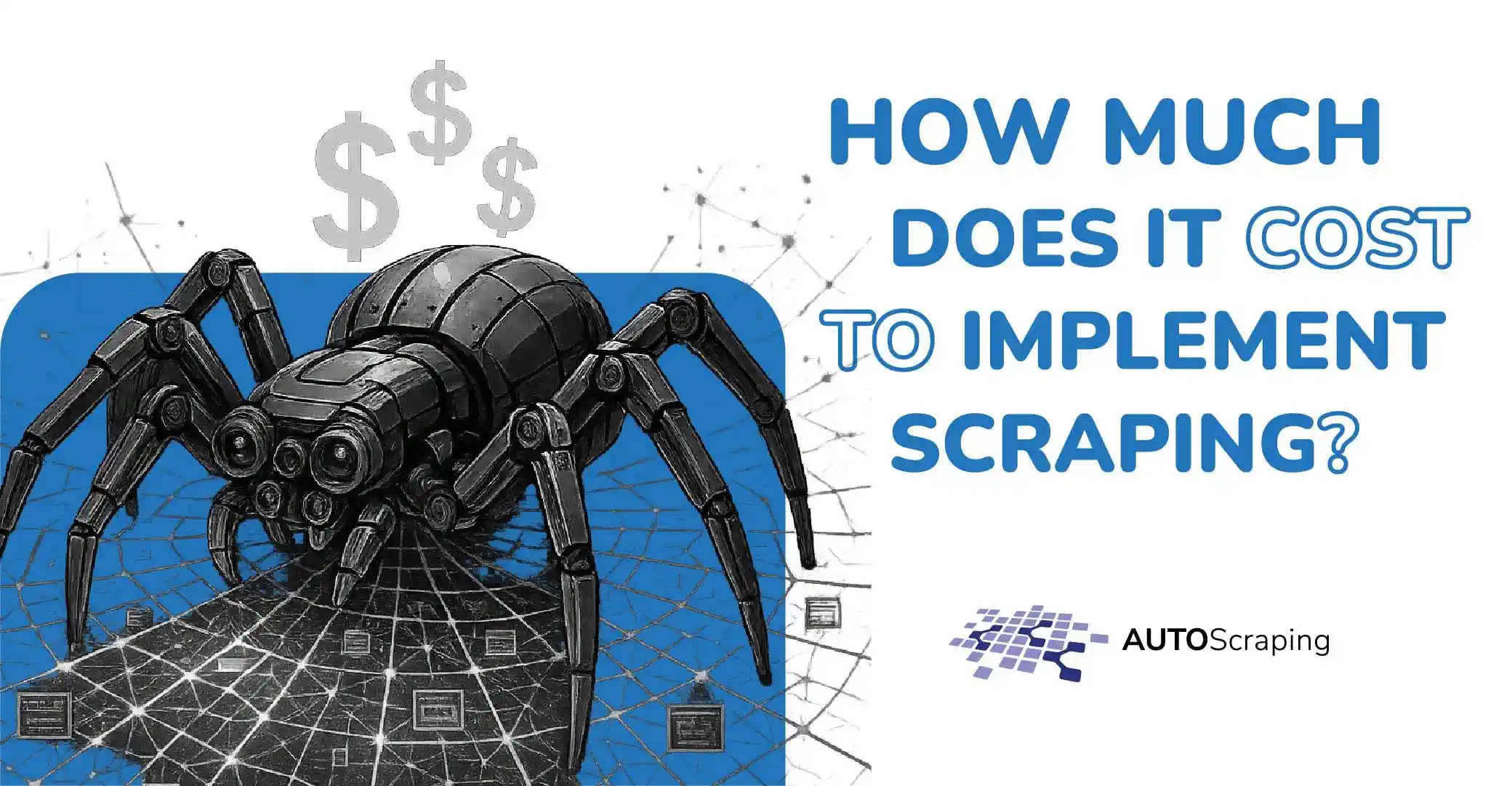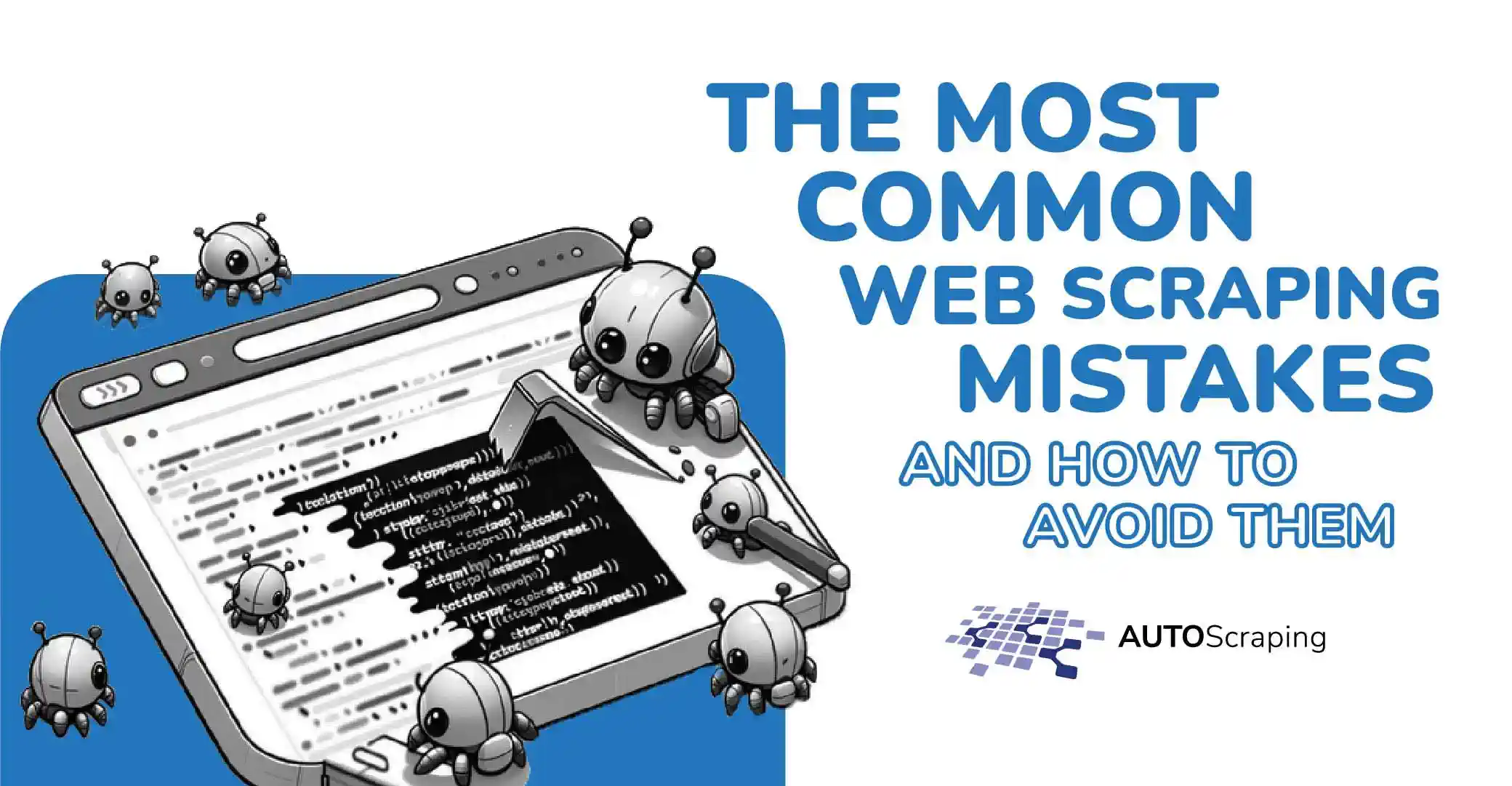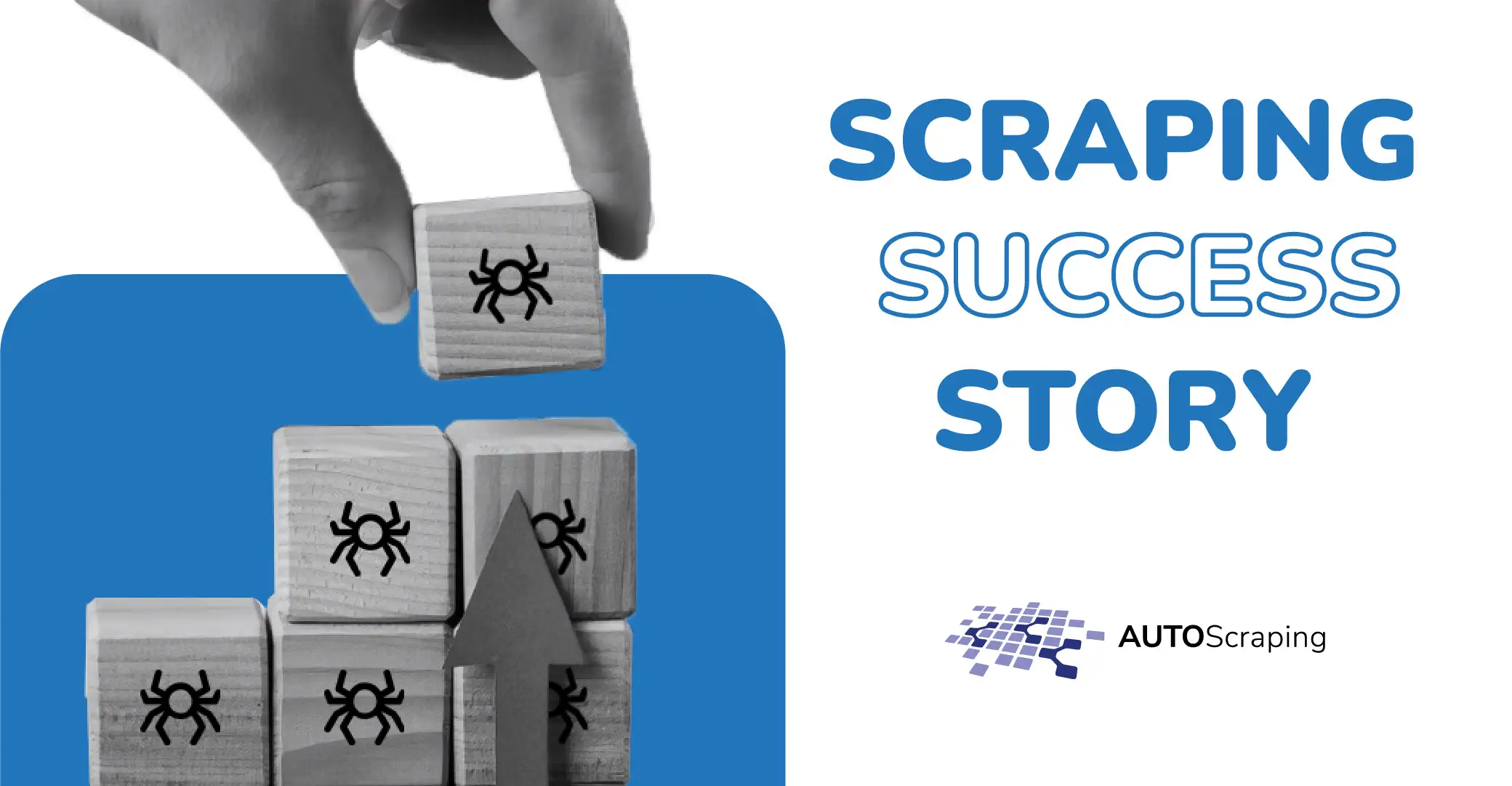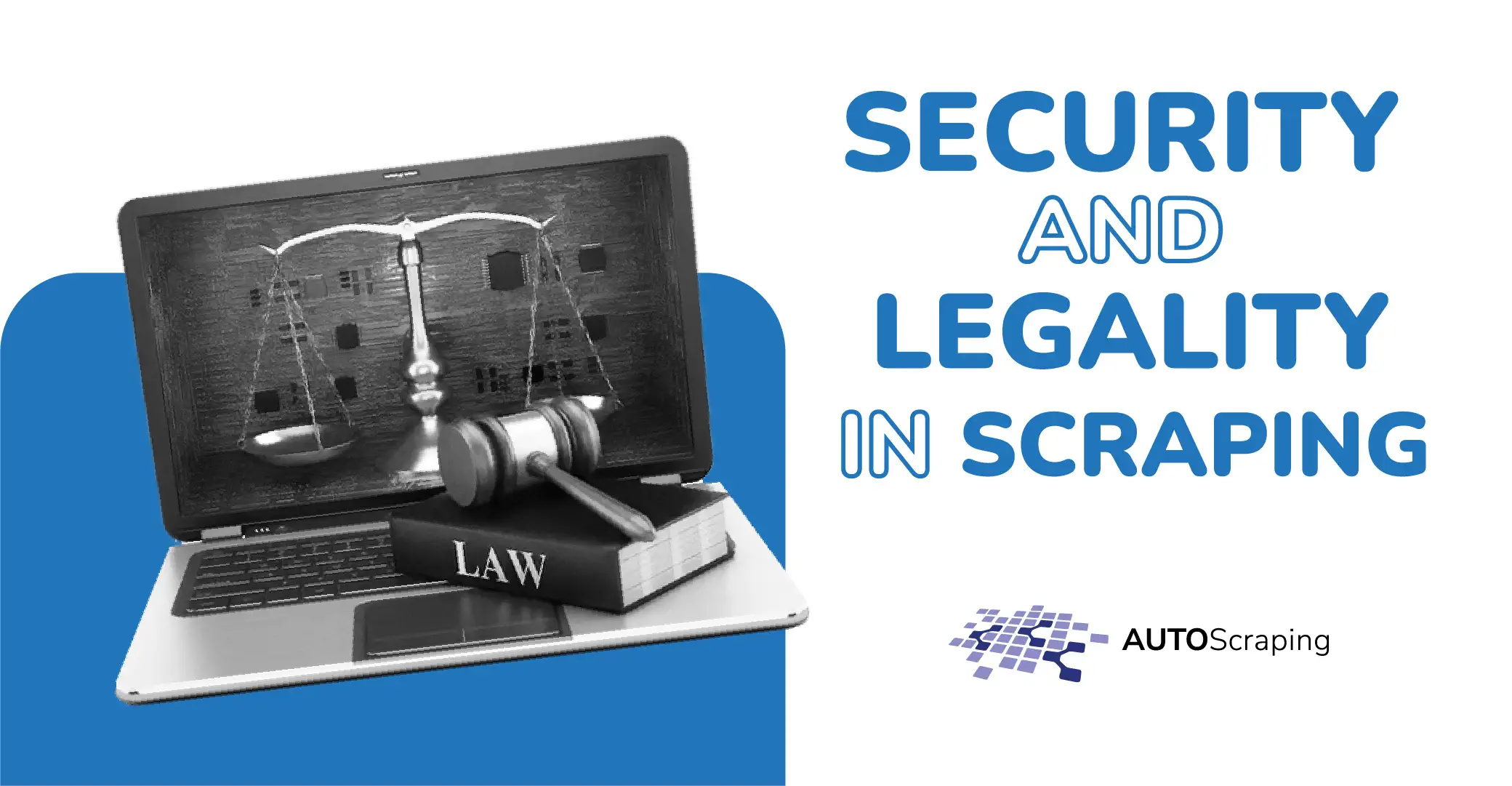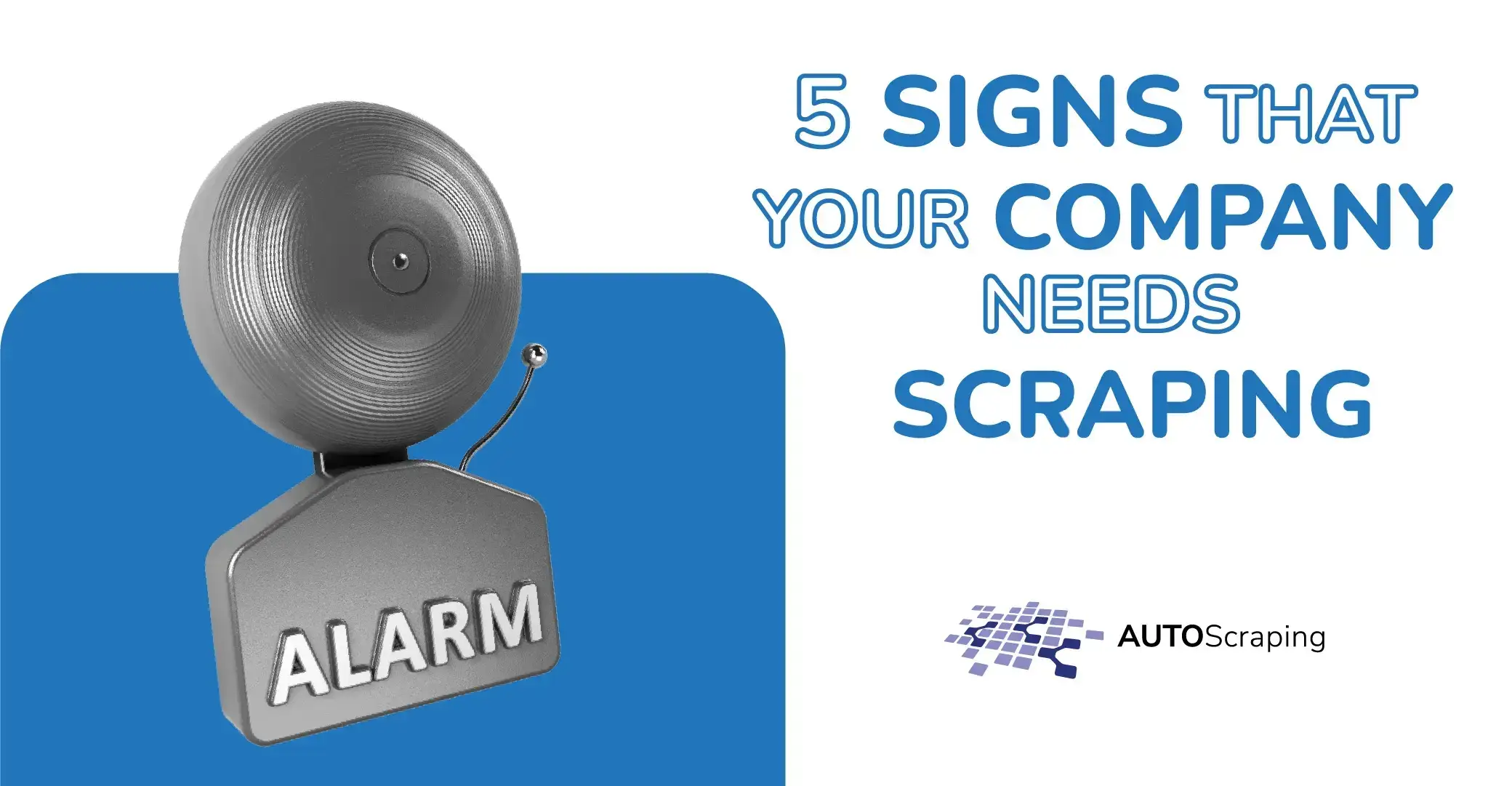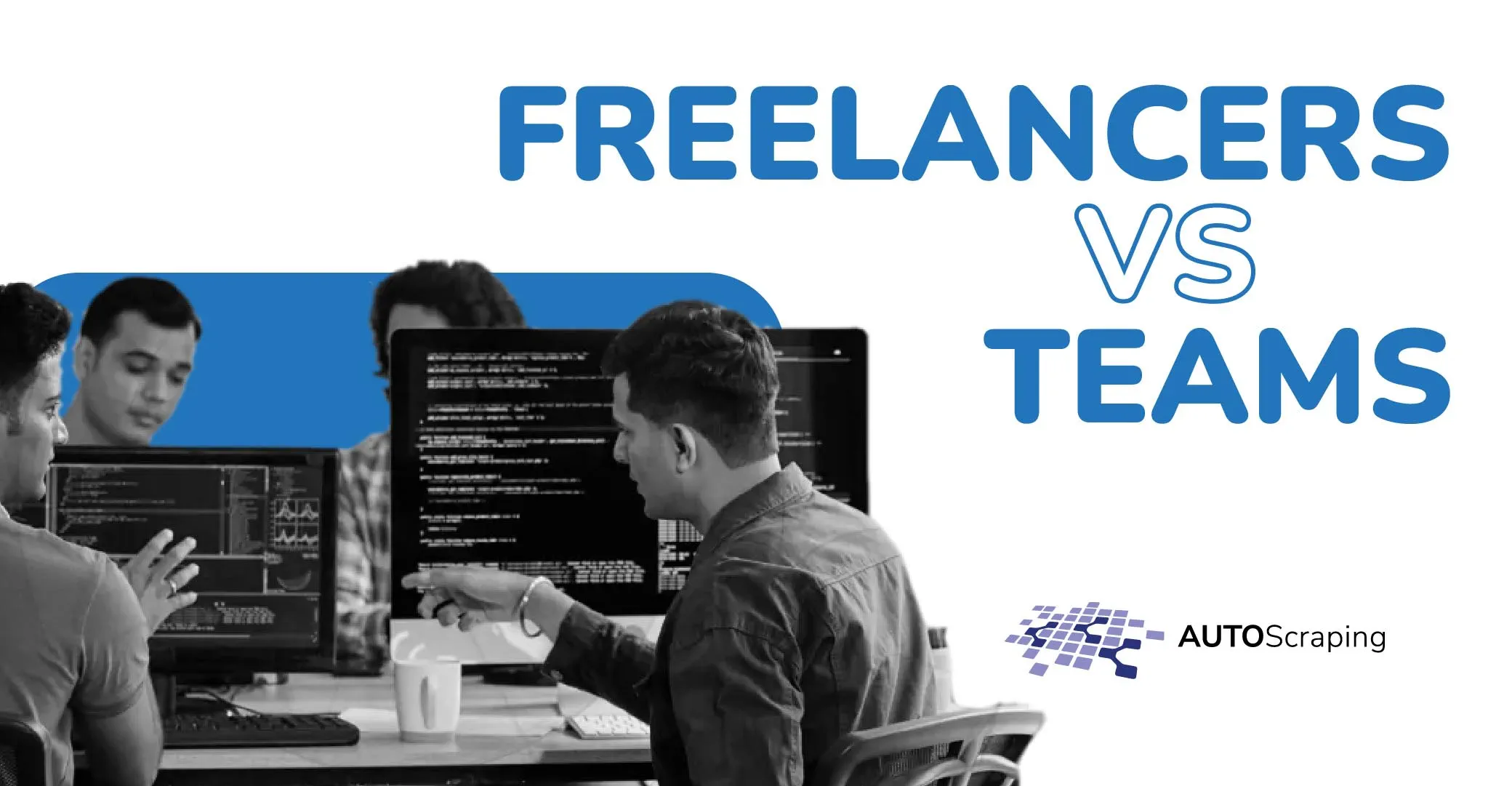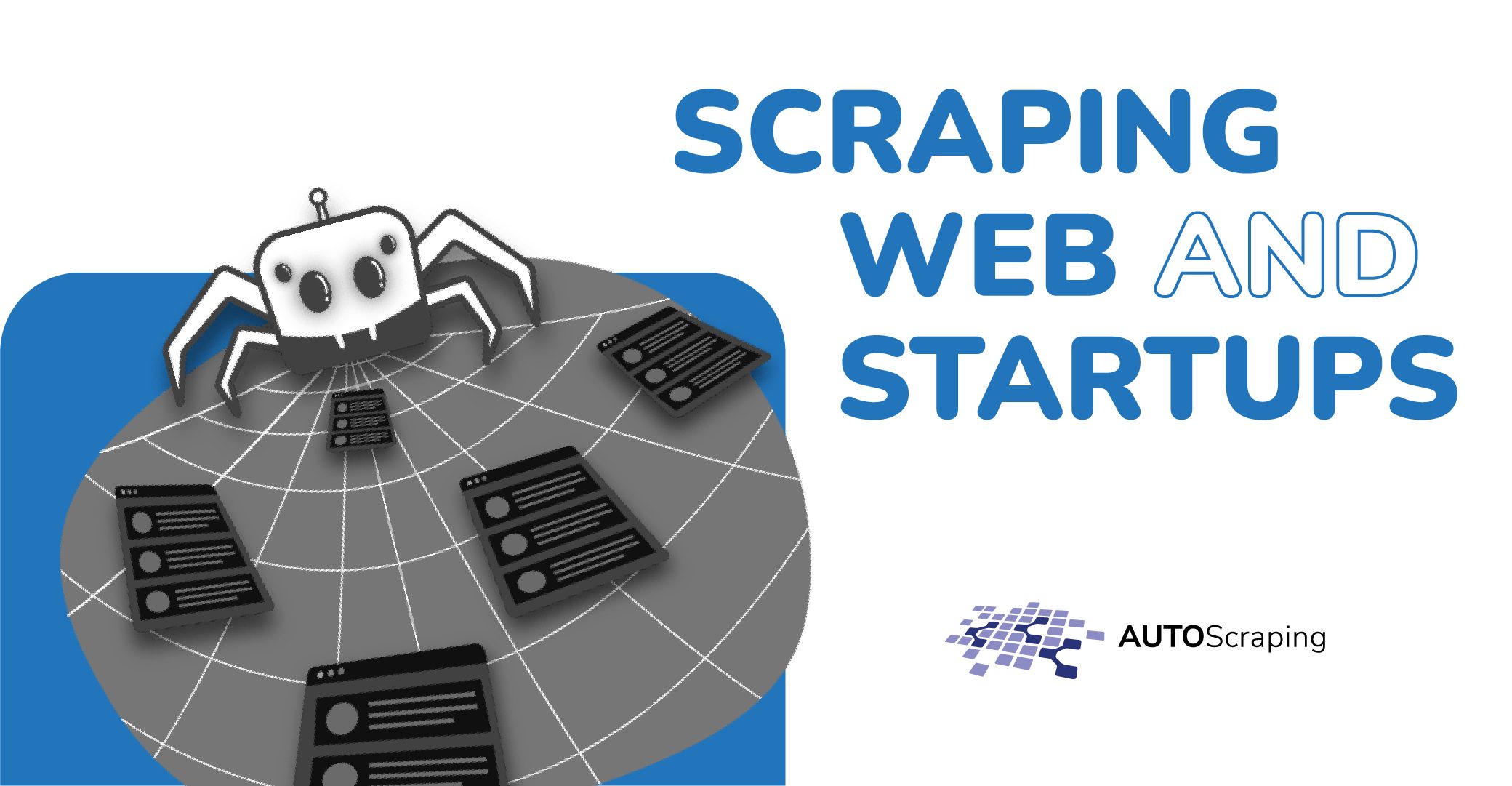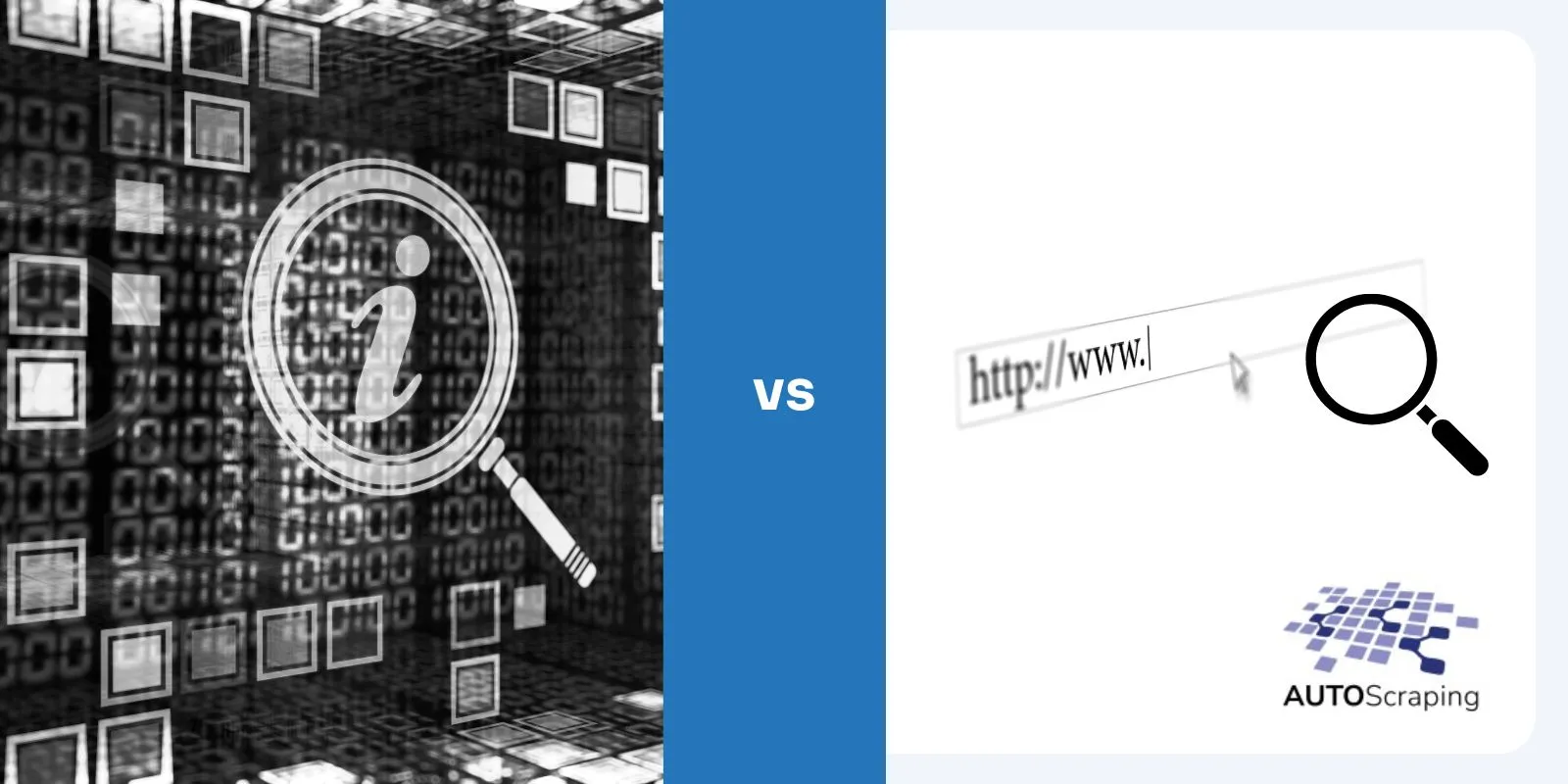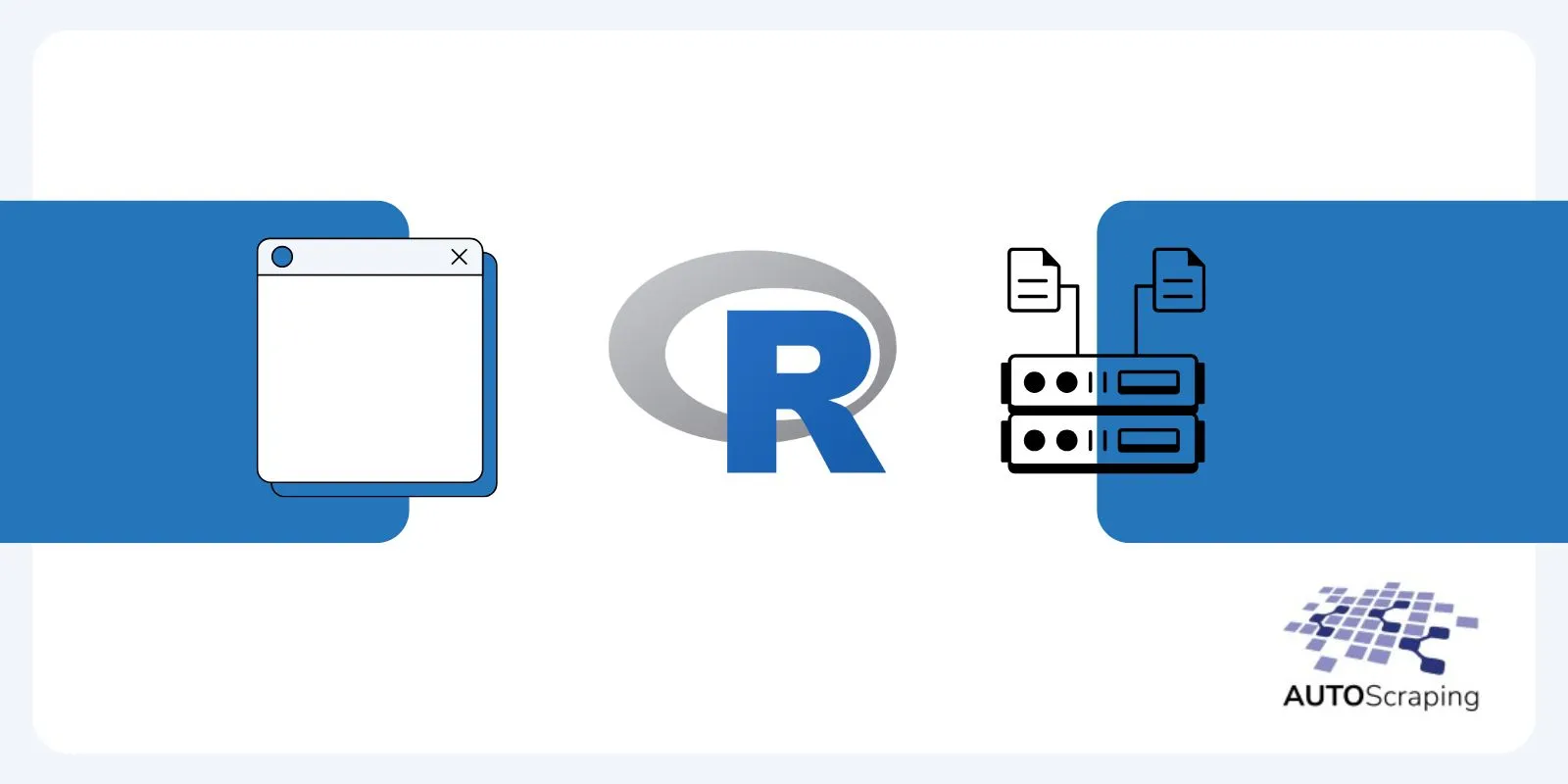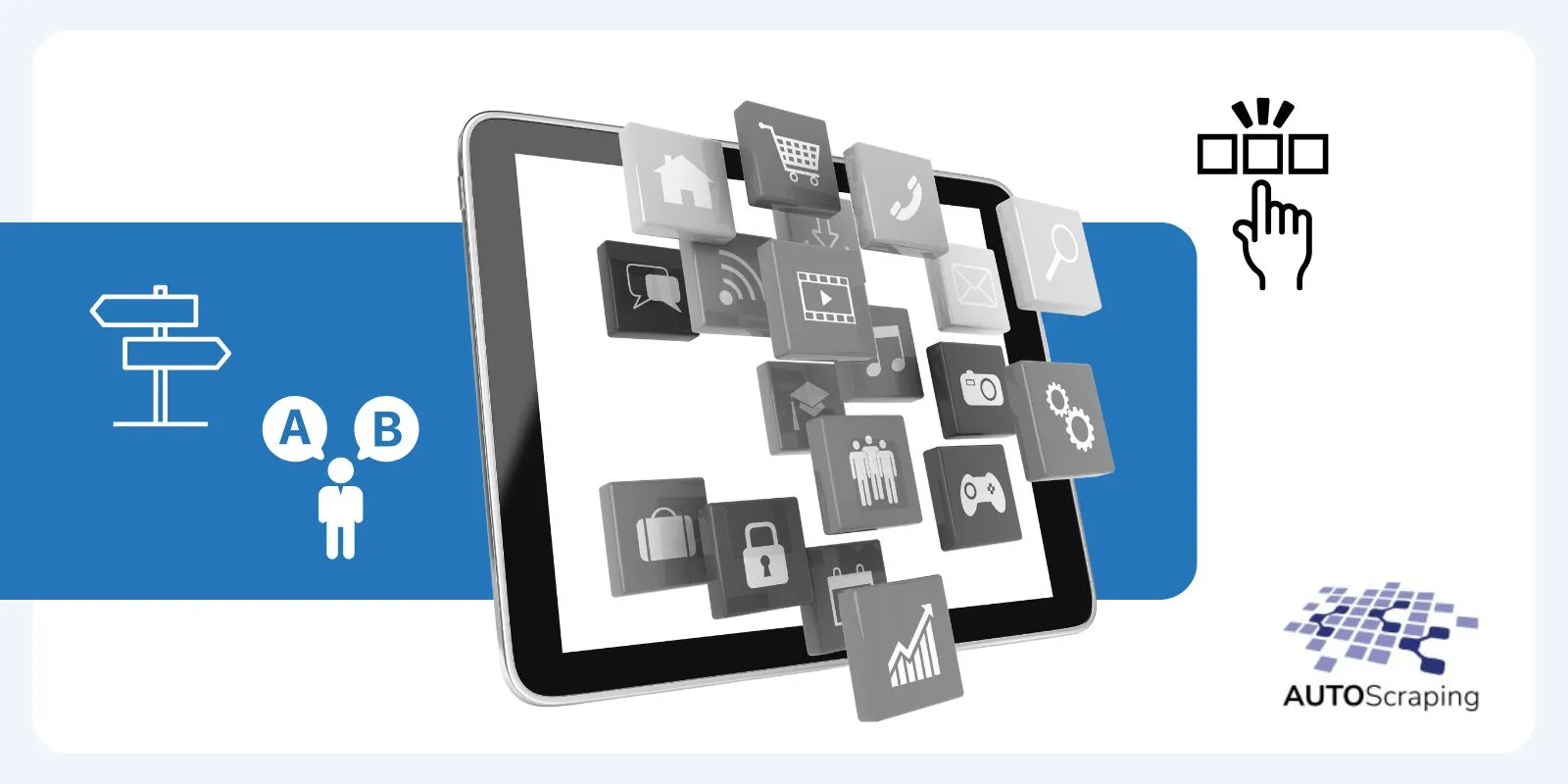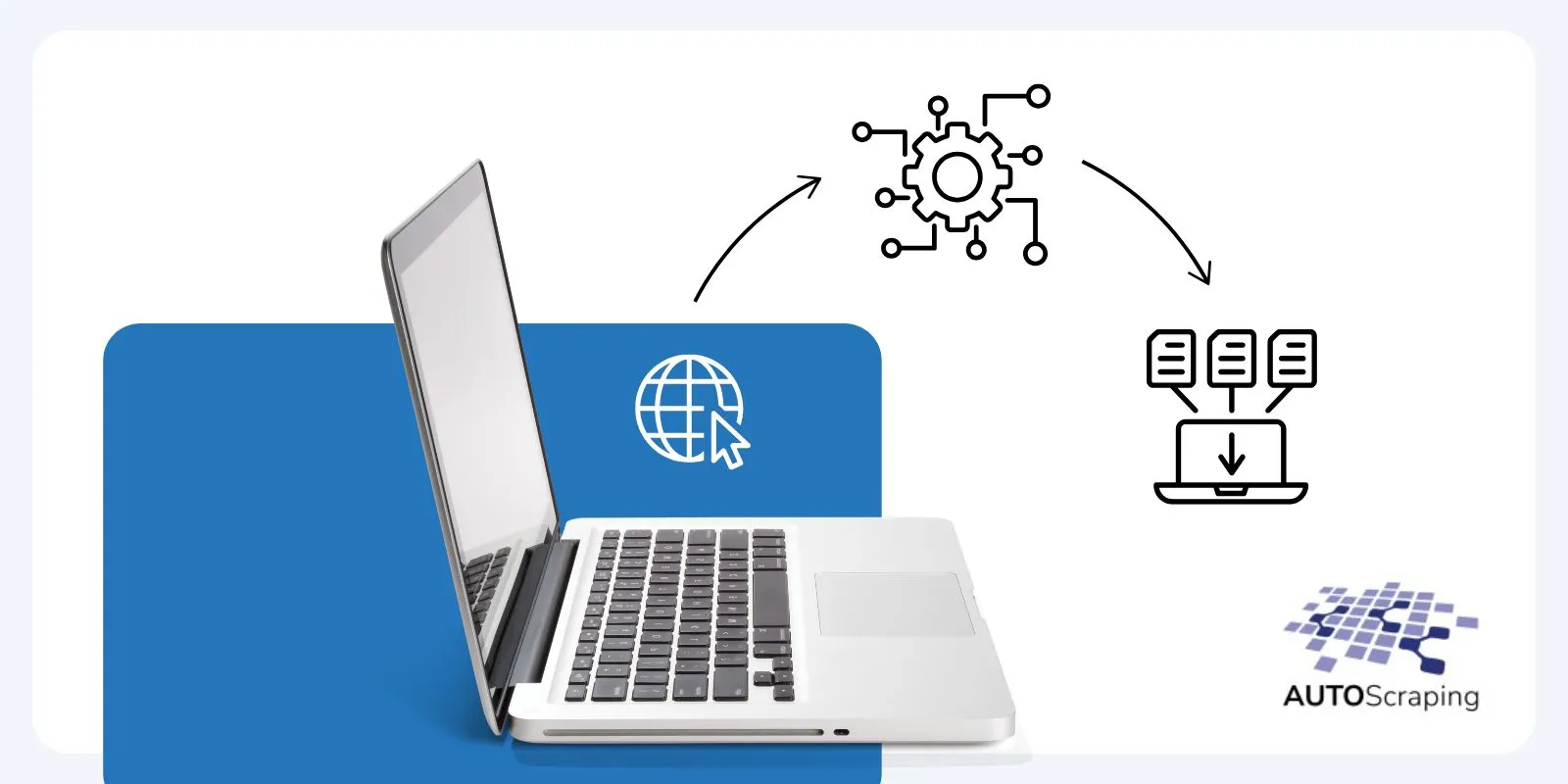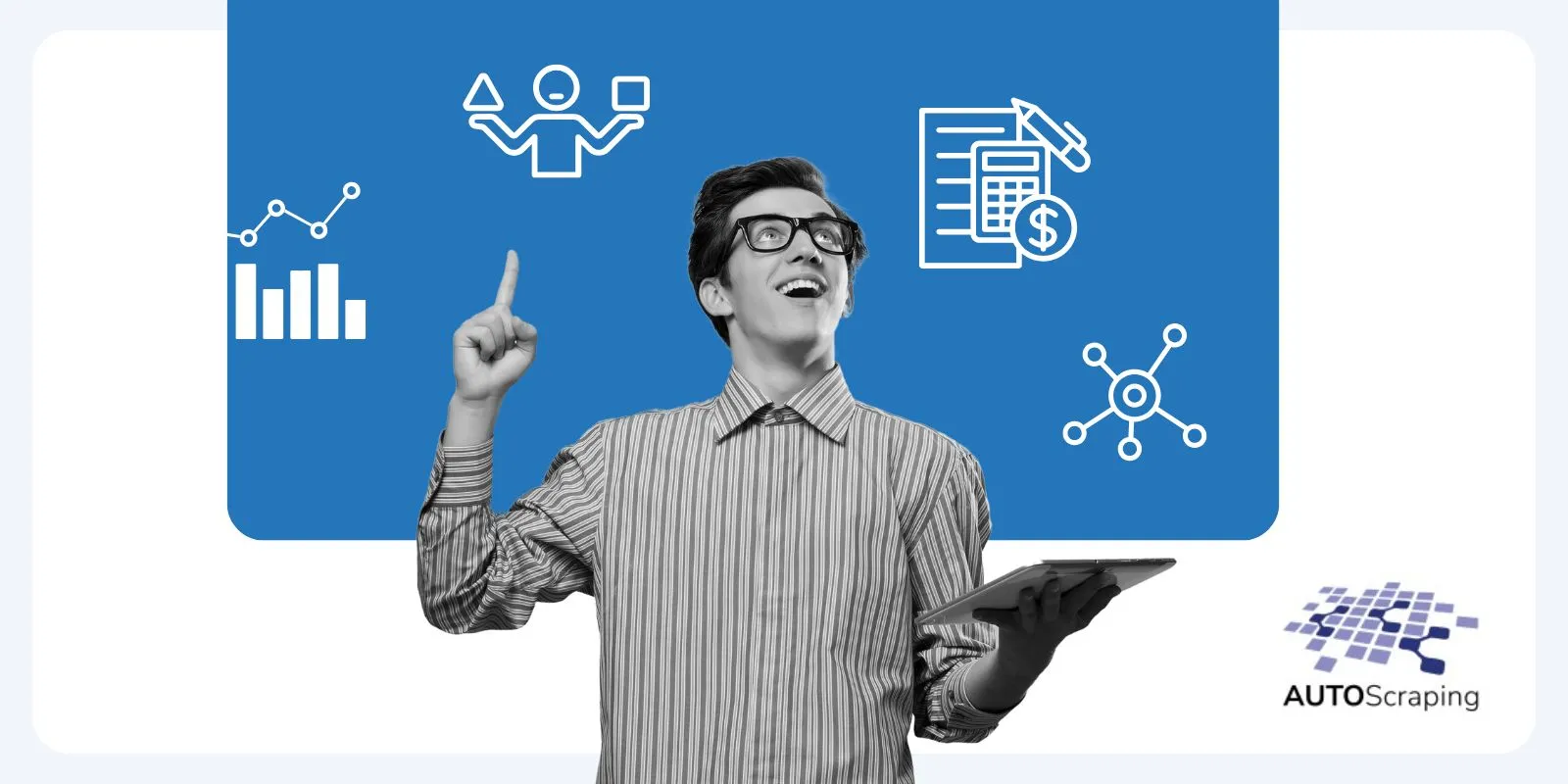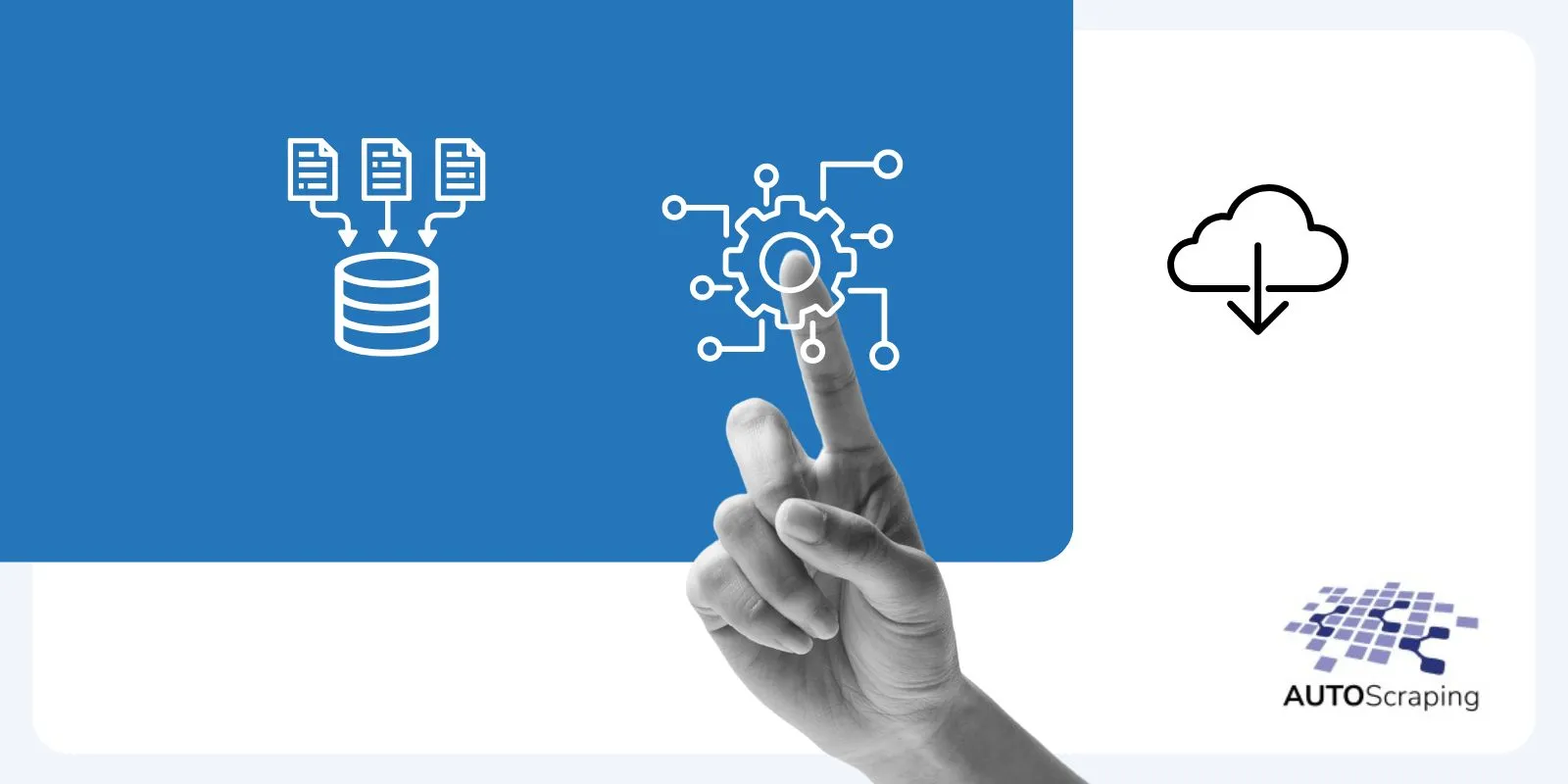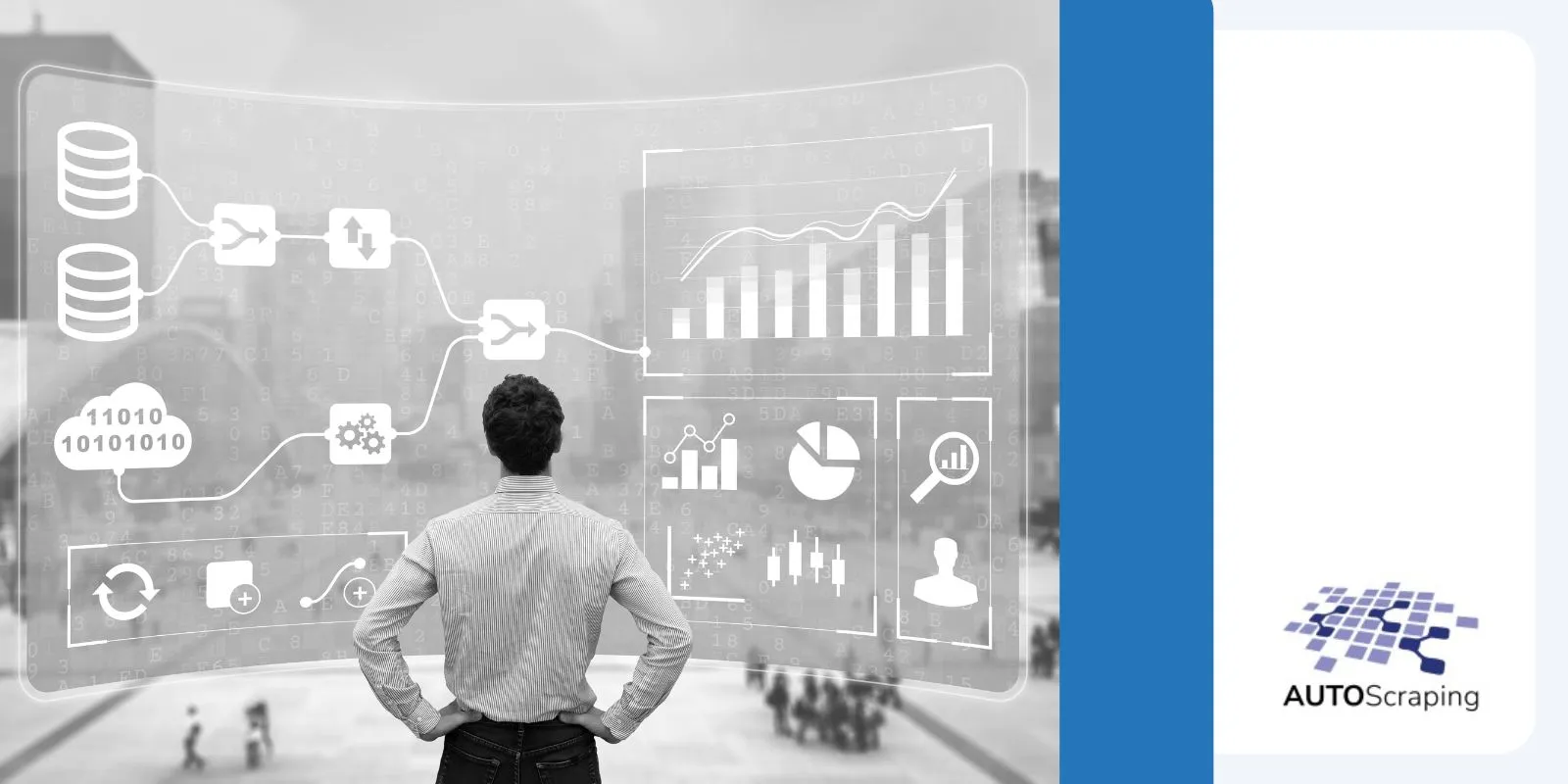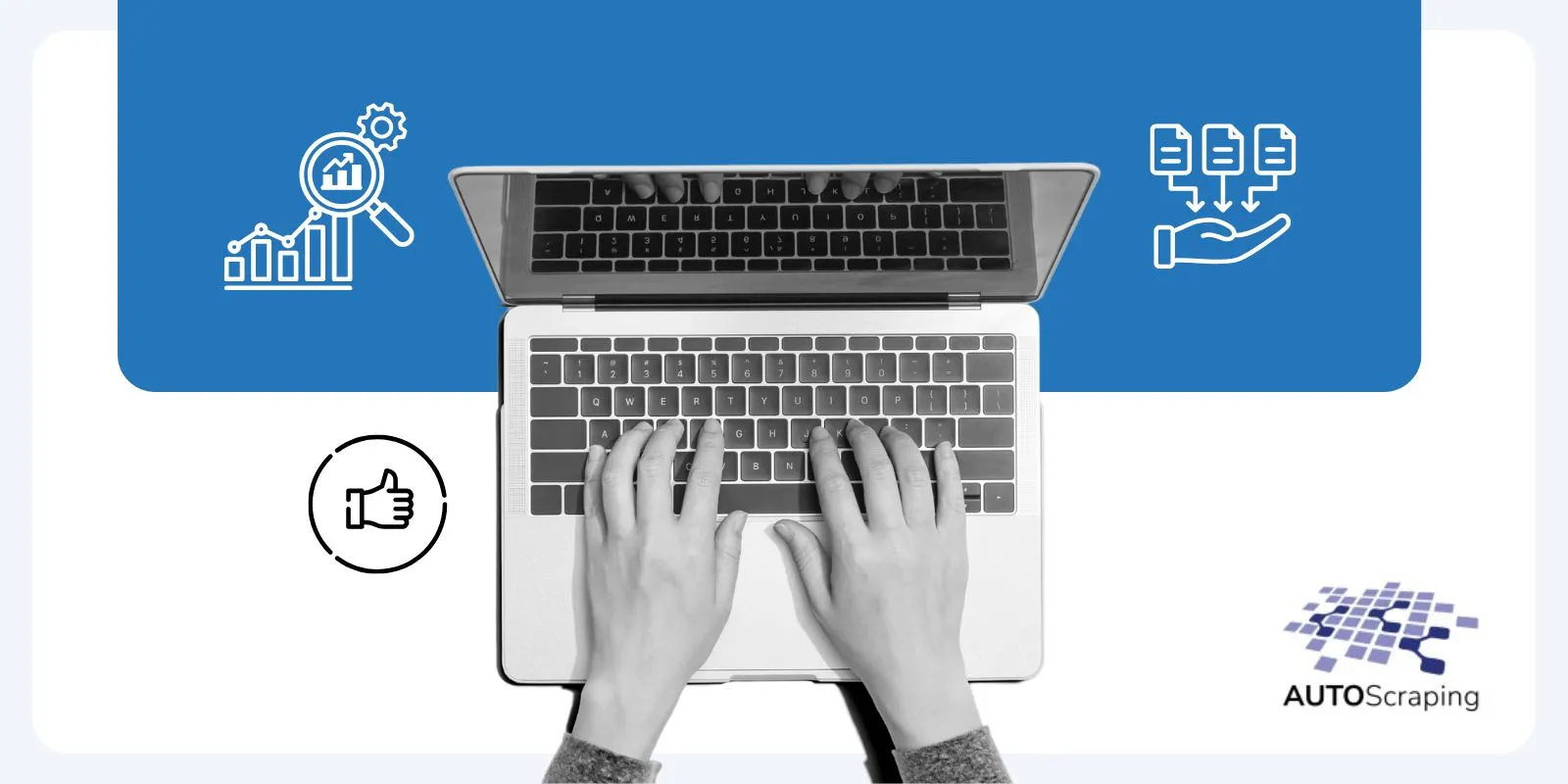Businesses rely on data more than ever, but finding the right approach to collecting and analyzing it can be confusing.
Should you stick to web scraping to extract information online or use data mining to discover patterns from large data sets?
The problem increases as technology evolves in 2025, with smarter algorithms and more complex websites.
Knowing the differences, strengths and limitations of each technique is key to making smarter decisions.
In this article, we’ll discuss how web scraping and data mining differ, explain their best use cases, and give you guidance on when to use one instead of the other.
What is Web Scraping and How Does It Work?
Web scraping is a technique for extracting data from websites. It works by using automated bots or scripts to fetch a web page’s content, parse the HTML structure, and retrieve specific information like text, tables, or images.
Tools or languages such as Python with libraries like Beautiful Soup or Scrapy, and R with rvest, make this process efficient.
The data gathered can be stored in databases or spreadsheets for analysis, helping businesses track competitors, monitor prices, or gather insights from online content.
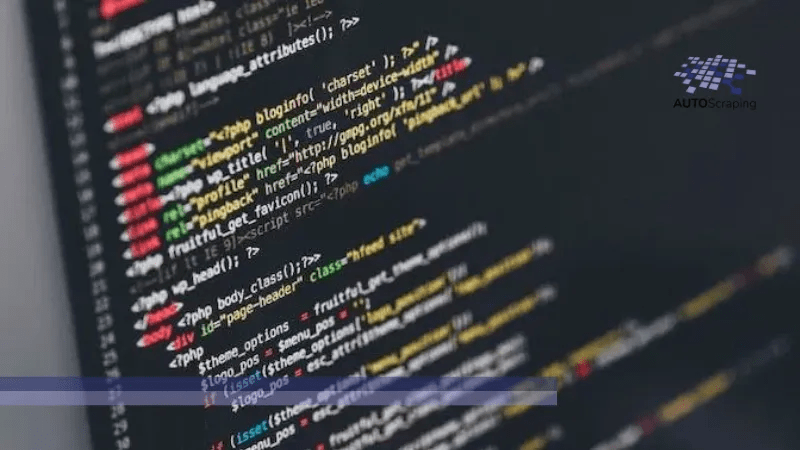
Recommended Reading: Advanced web scraping techniques in 2025
Understanding Data Mining and Its Applications
Data mining transforms raw data into actionable insights, powering smarter decisions and competitive strategies. It’s the secret weapon for identifying hidden patterns and trends across industries.
- Enhanced Marketing Strategies: Predict customer preferences and personalize campaigns.
- Fraud Detection: Spot unusual patterns in financial transactions to prevent fraud.
- Healthcare Insights: Improve patient outcomes with predictive analytics for diagnoses.
- Operational Efficiency: Optimize supply chains and business processes with data-driven analysis.
- Customer Retention: Analyze customer behavior to boost loyalty and reduce churn.
Harnessing data mining applications equips businesses with the foresight to innovate and adapt. From tailored marketing to operational improvements, these insights offer a clear competitive advantage.
Recommended Reading: 5 Main Differences between Web Scraping and Data Mining
Web Scraping vs Data Mining: Which is Right for Your Business Needs?
Web scraping and data mining are powerful data tools, but they serve different purposes. Understanding their distinctions can help businesses make smarter decisions.
| Aspect | Web Scraping | Data Mining |
| Purpose | Extracts raw data from websites | Analyzes structured data to find patterns and trends |
| Data Source | Public web pages and online platforms | Internal databases and structured datasets |
| Automation | Uses bots and scripts to gather data | Employs algorithms for advanced analytics |
| Tools/Software | Beautiful Soup, Scrapy, BotCraft | RapidMiner, WEKA, R, and Python libraries |
| Output | Raw data files (e.g., CSV, JSON) | Actionable insights and predictive models |
| Use Cases | Price monitoring, lead generation, content aggregation | Market trend analysis, fraud detection, customer segmentation |
Applications
- Web Scraping: Ideal for businesses needing real-time data, competitive analysis, or content aggregation.
- Data Mining: Best for strategic decisions based on historical data trends and patterns.
Web scraping gathers the raw data essential for analysis, while data mining transforms it into actionable insights. Businesses can combine both to harness data effectively: scrape first, mine second, and stay ahead in dynamic markets.
When looking for advanced web scraping solutions, AutoScraping stands out as a top choice for businesses looking to automate data collection efficiently and securely. AutoScraping offers a range of benefits tailored to meet your unique needs:
- Customizable Scraping: Tailor scraping methods to suit the specific data your business needs, from market trends to competitor analysis.
- Automation: Automate the process of gathering large volumes of data, freeing up valuable time for your team to focus on decision-making and analysis.
- Real-time Data Access: Get up-to-date insights that empower your company to stay ahead in competitive industries.
- User-Friendly Interface: No technical expertise required, making it accessible for businesses of all sizes.
- Secure and Compliant: AutoScraping ensures your data collection processes are ethical and legally compliant, respecting website terms and regulations.
By choosing AutoScraping, your company can leverage cutting-edge web scraping tools with ease, enhancing productivity and driving informed decisions.

If you need Services of Web Scraping. Contact Us
Data Extraction Services in Business Environments
Data extraction services are crucial for businesses seeking actionable insights from large datasets. Whether it’s real-time data monitoring, custom bots for niche tasks, or end-to-end data management, each service offers unique capabilities to optimize operations and drive growth.
The following table outlines key features, benefits, and use cases for these solutions.
| Feature | Real-Time Data Updates with Automation | Custom Bot Solutions for Complex Data Needs with DataSquad | End-to-End Data Solutions with Data as a Service |
| Purpose | Automates continuous data extraction for up-to-date information | Develops tailored bots for specific, intricate data collection tasks | Provides full-spectrum data management, from extraction to analysis |
| Key Benefit | Ensures instant access to the latest data for decision-making | Handles unique data challenges with precision and flexibility | Delivers comprehensive, ready-to-use data solutions |
| Scalability | Highly scalable for growing business needs | Customizable for projects of varying complexity | Suitable for businesses needing scalable, managed data services |
| Integration | Seamless integration with existing systems and platforms | Specialized tools integrated with APIs and custom workflows | Offers direct integration with internal systems and third-party tools |
| Use Case Examples | Financial market updates, e-commerce price tracking | Scraping product data from multiple e-commerce sites | Managing customer data pipelines for AI modeling |
| Maintenance | Low maintenance with automated error handling | Ongoing support for bot customization and optimization | Managed service with dedicated support teams |
| Security Considerations | Built-in compliance for secure data handling | Advanced security layers for data access | Full compliance with data privacy regulations |
| Best Fit | Businesses requiring continuous monitoring of dynamic data | Companies facing specialized data extraction problems | Enterprises looking for comprehensive, hands-off data solutions |
AutoScraping stands out as a leading provider of data extraction solutions.
We offer a wide range of services, from building custom scraping tools to complete data management. Our approach is designed to adapt to the real needs of businesses, making data collection simple and hassle-free.
At AutoScraping, we understand that effective data extraction is crucial for businesses looking to thrive in today’s data-driven landscape.
Automate data extraction and save time on repetitive tasks!

Here are some key benefits that set us apart:
- User-friendly interface: Our platform is designed with usability in mind, making it easy for both technical and non-technical users to set up and manage their scraping projects.
- Customizable solutions: We understand that each business has unique requirements, which is why we offer tailored scraping solutions that fit the specific needs and goals of each client.
- Scalability: As data needs grow, our solutions can easily scale to handle increased volumes, ensuring there is always access to the necessary insights.
FAQS: Web Scraping vs Data Mining
What is the difference between data mining and web mining?
Data mining extracts patterns from structured data, while web mining focuses on analyzing unstructured web content.
Is web scraping the same as data scraping?
Web scraping is a subset of data scraping, specifically designed to extract information from websites.
Is web scraping text mining?
No, web scraping collects data, while text mining analyzes text to extract meaningful patterns and insights.
What is the difference between ETL and web scraping?
ETL (Extract, Transform, Load) processes data integration, while web scraping gathers raw data from websites.

